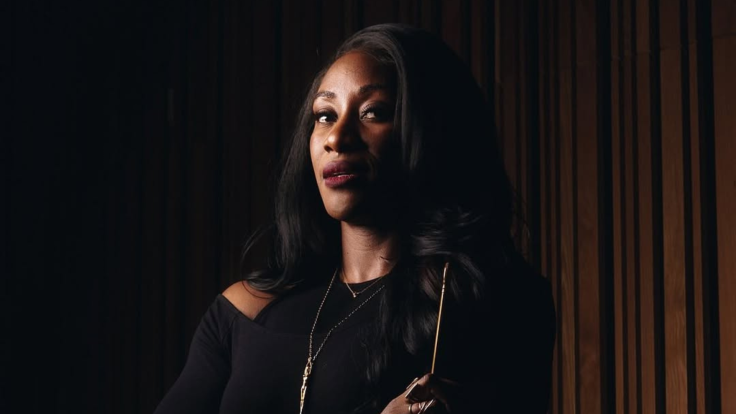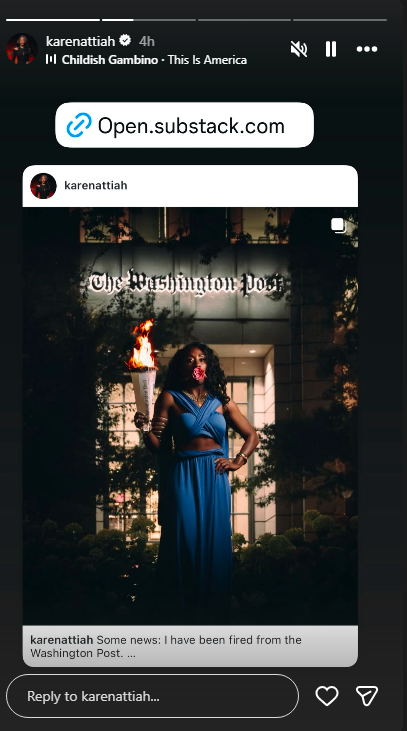Karen Attiah Fired After Charlie Kirk Posts Says Washington Post No Longer Reflects D.C. or Its People

Karen Attiah, a veteran opinion columnist at The Washington Post, says she was dismissed for social media posts about the killing of conservative activist Charlie Kirk.
Attiah, who joined the paper in 2014, announced her termination on 15 September 2025 via Substack, claiming the decision reflected intolerance of dissenting voices and racial double standards. The Post has not publicly commented.
The Incident in Detail
Attiah explained that her posts on the platform Bluesky critiqued public reactions to Kirk's death and referenced some of his past controversial remarks. One post cited an alleged statement attributed to Kirk about Black women lacking 'the brain processing power to be taken seriously'.
She argued she intended to highlight hypocrisy in political discourse, not to endorse violence. 'My commentary was neither celebratory nor hateful,' she wrote. Attiah said she was informed of her firing without prior consultation and disputes claims that her posts endangered colleagues or breached newsroom standards.
According to Politico, the Post characterised her comments as 'unacceptable' and grounds for 'gross misconduct'. The Washington Post has not publicly commented on her termination.

Why It Matters
Attiah's dismissal has fuelled debate over newsroom independence, free expression, and the representation of diverse voices in mainstream media. At 39, she was among the last Black full-time columnists at the Post.
Supporters say her ousting reflects a shrinking tolerance for provocative perspectives in opinion journalism, particularly on race and politics. Critics of the decision argue that opinion sections must allow challenging viewpoints to remain credible.
Attiah is widely respected for her coverage of race, gender, and international affairs. As editor of the Post's Global Opinions section, she won awards for commentary on press freedom and human rights. Her departure has therefore shocked colleagues and readers who saw her as a vital counterbalance within the paper's pages.
According to The Guardian, Attiah also linked her dismissal to a broader editorial shift under new opinion leadership at the Post. She suggested the section no longer reflects Washington, D.C., or its diverse readership. Critics say her case illustrates tensions between institutional standards and the provocative role opinion writers play in national discourse.
Editorial Shifts at the Post
In a follow-up on Substack, Attiah linked her firing to what she called an editorial shift under new leadership at the Post's opinion desk. She claimed the section no longer reflects the diversity of Washington, D.C., or its readership.
The Guardian reported that critics view her case as emblematic of broader tensions between institutional standards and the provocative role that opinion writers play in national debate.
Looking Ahead
Attiah has not ruled out pursuing legal action over her dismissal, though no suit has been filed. In the meantime, she has said she will continue writing on Substack, where she promises to expand on the themes that she believes cost her job.
Media observers expect the case to fuel conversations about how far newspapers should go in regulating opinion writers' personal speech, especially when it touches on sensitive political issues.
For The Washington Post, the controversy adds pressure to clarify its editorial boundaries while maintaining credibility.
For Attiah, the incident has positioned her as a prominent voice in debates over free speech, accountability, and the evolving role of journalism in a divided political climate.
© Copyright IBTimes 2025. All rights reserved.





















